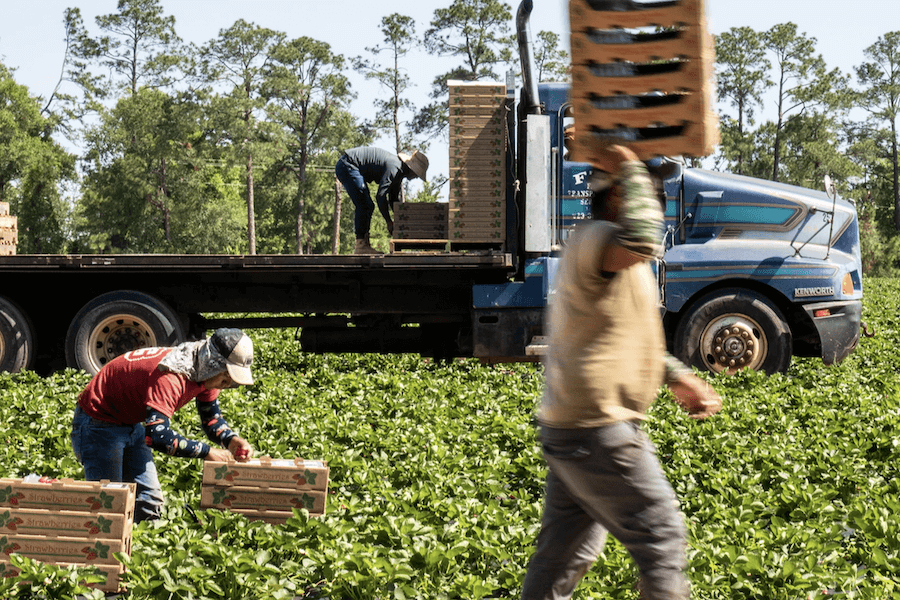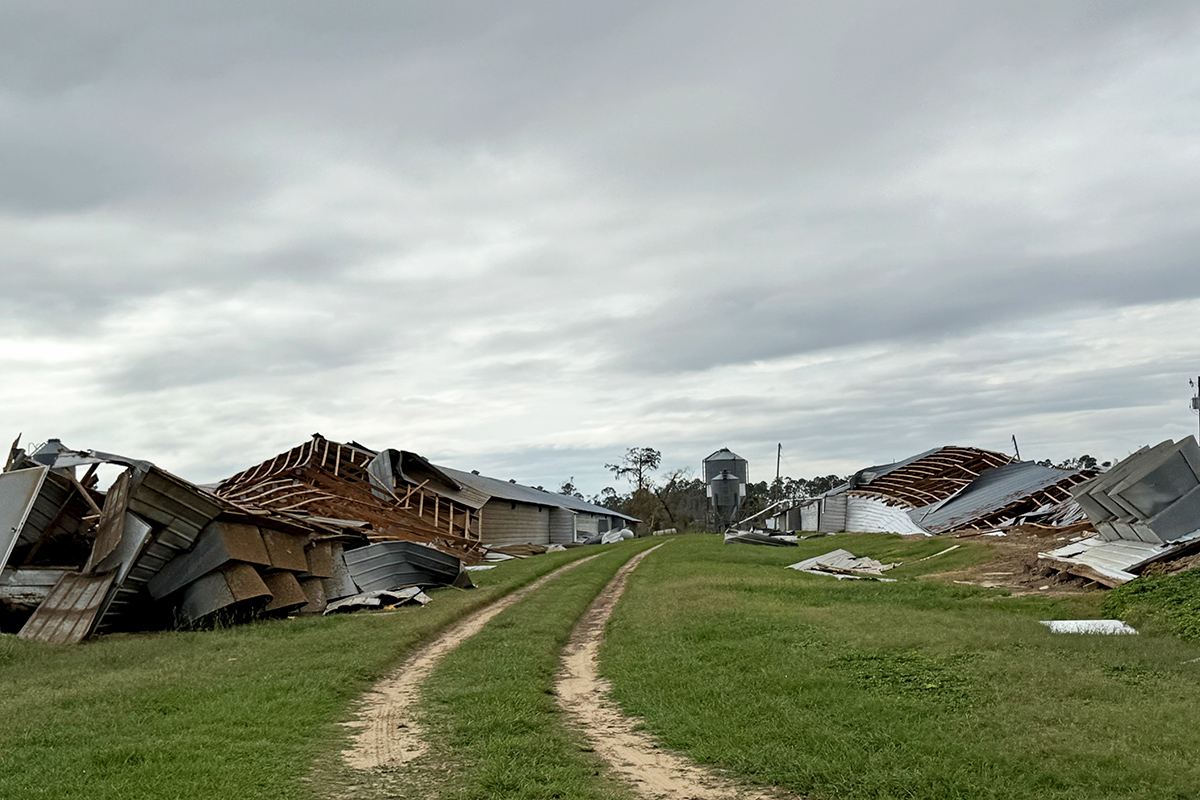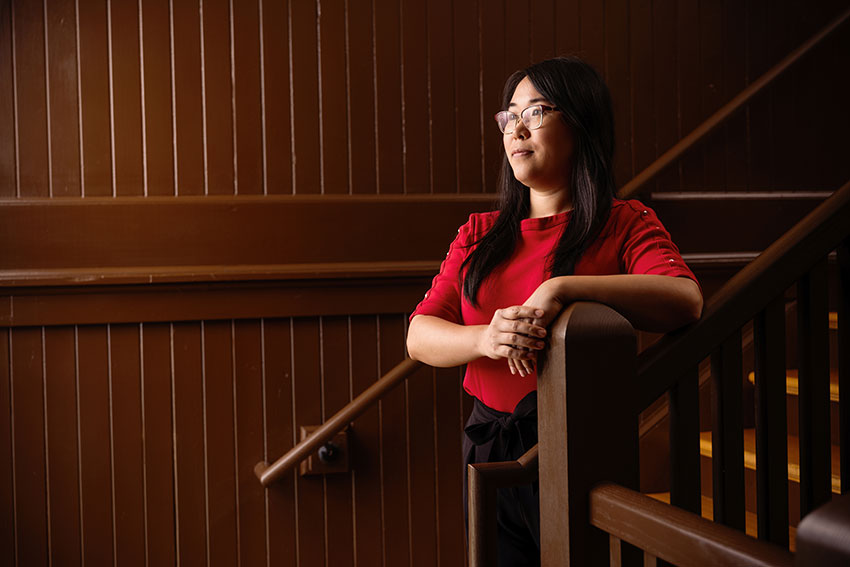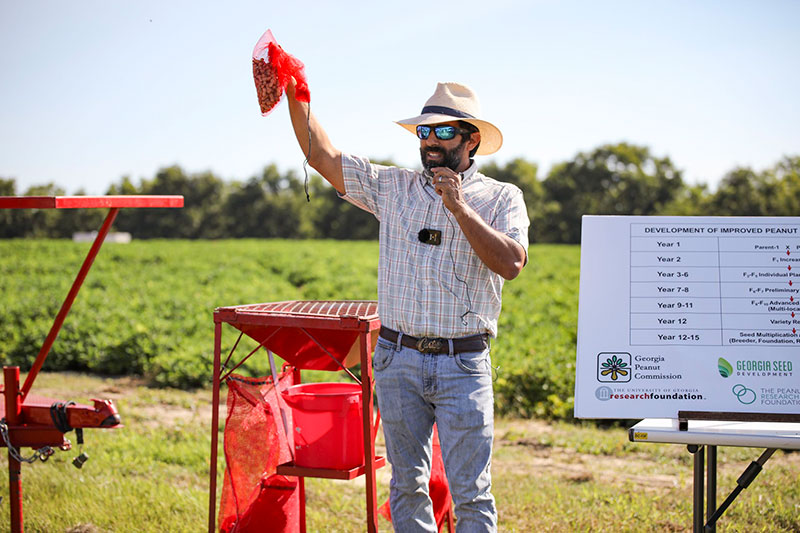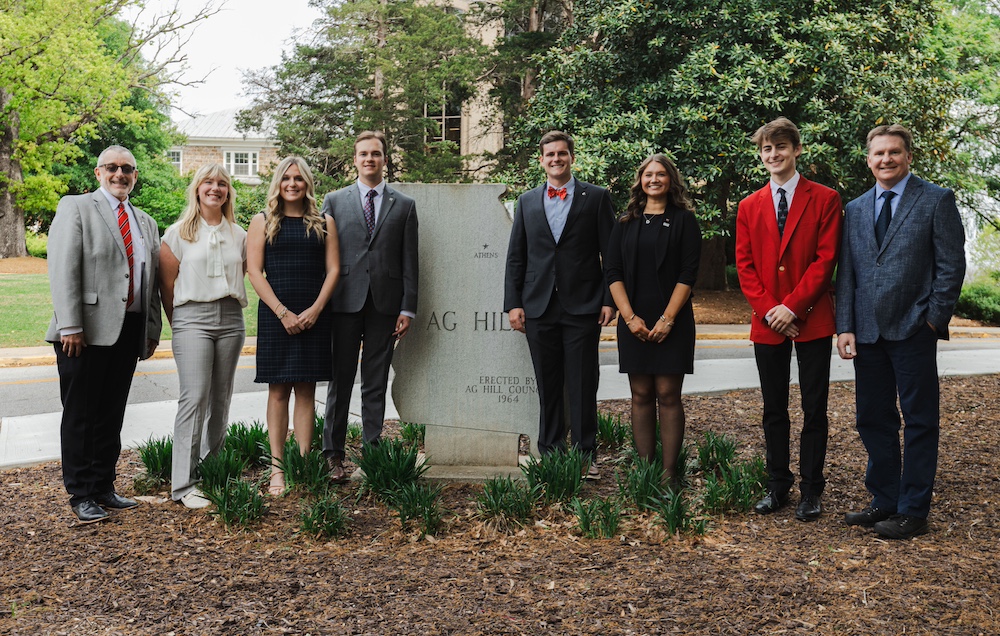 CAES News
CAES News
Be Our Guest
There are nearly 400,000 individuals employed in some segment of hospitality in Georgia. With the unique mix of leisure travel in coastal Georgia and convention travel in Atlanta, University of Georgia hospitality and food industry management students have a wealth of opportunities to choose the area that suits them best. This versatile experience — with its focus on quality curriculum, meaningful interaction with local and national business, and experiential learning — has already begun graduating the next generation of hospitality leaders.



